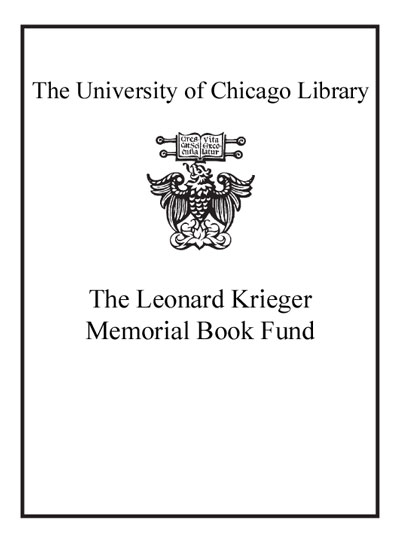Review by Choice Review
Gerlach (Saint Peter's Univ., New Jersey) provides an extremely well-researched guide to the ethnic cleansing of Sudeten Germans after WW II. He focuses on northern German-Czech borderlands and employs several case studies to point to the importance of economic motives in the ethnic cleansing and transformation of these regions. "The focus of this study is less about why ethnic cleansing happened ... and more about how it occurred and its consequences...." Gerlach details the roles of the military, national committees, and new settlers, among other institutions and groups. He finds that "New settlers played a central role in ethnic cleansing by dispossessing Sudeten Germans...," and downplays national antagonism by stressing the complexity of local relations. The author points to variation and conflicts among Czech speakers to question "using Czechs as a category of analysis" for understanding the postwar borderlands. Gerlach further notes that "Czechs and Germans negotiated and bartered." These kinds of observations could potentially be applied to question almost any model of ethnic and national antagonism, but Gerlach's study expands knowledge of postwar ethnic cleansing. Summing Up: Highly recommended. Upper-division undergraduates and above. --Benjamin Lieberman, Fitchburg State University
Copyright American Library Association, used with permission.
Review by Choice Review

